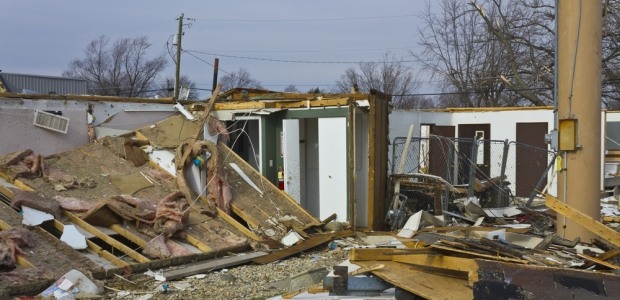
Just as important as actually wearing a hard hat when needed is making sure the hard hat fits properly. Hard hats must fit securely to provide maximum protection.

Teach employees to get into the good habit of reading every label every time they pick up or pour from a container.

The occurrence of experientially based at-risk behaviors driven by anticipated gains that outweigh any perceived costs is not limited to the highways or to drivers; it occurs all too often in the workplace.

Smaller companies often struggle, not knowing where to turn or having the budget to develop a robust business continuity plan.

Your employees bring a lifetime of experiences to every training session. Sometimes they’ll know more than you do about specific hazards and safety conditions in their current jobs.

Training about a company's respiratory protection program and the uses and limitations of the respirators in use is still training, even if more delivery options are available.

The solution includes the development and use of electronic standards and methods for automatically identifying hazardous materials and waste.

It is important to note that any documents produced can be utilized to issue citations, thus, the employer should not produce any documents unless required by law.
MSHA has announced the availability of the grants, which are part of the Brookwoord-Sago mine safety grants, a program that has entered its ninth year.
The review concluded that the Malaysian government has implemented all recommendations from a 2011 study.

A post on CPSC's blog said its most recent fireworks report showed 11 consumers were killed and more than 10,000 were injured by fireworks in 2014.
DOT's regulatory agenda indicates the final rule will be published during July 2015.
This means drivers and passengers can have additional cues that they are approaching a crossing, wrote Sarah Feinberg, acting Federal Railroad Administrator.
Many parties are jostling for advantage as two competing bills are moving.
Nine people, including the pilot, died June 25 when the sightseeing plane crashed 25 miles from Ketchikan, Alaska.